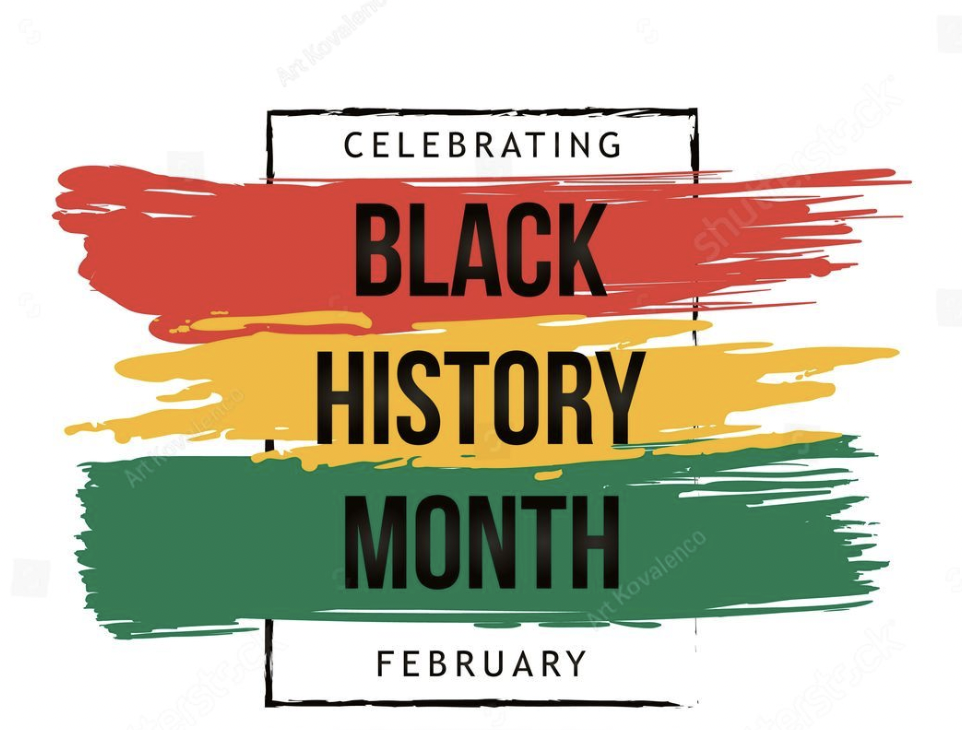Events
Celebrate Black History Month February 2024
-

 Crime5 days ago
Crime5 days agoRamapo Police Officers Arrest 19 Individuals Over The Weekend From DUI to Domestic Violence
-

 Crime3 days ago
Crime3 days agoRockland County Court Rejects Convicted Murderer’s Eighth Attempt To Vacate Conviction
-

 Crime5 days ago
Crime5 days agoHaverstraw Police Department Arrest Woman For Prostitution and Unlicensed Massage Operation
-

 Events1 week ago
Events1 week agoRockland Community College Your Gateway to a Career in Construction March 27th



















